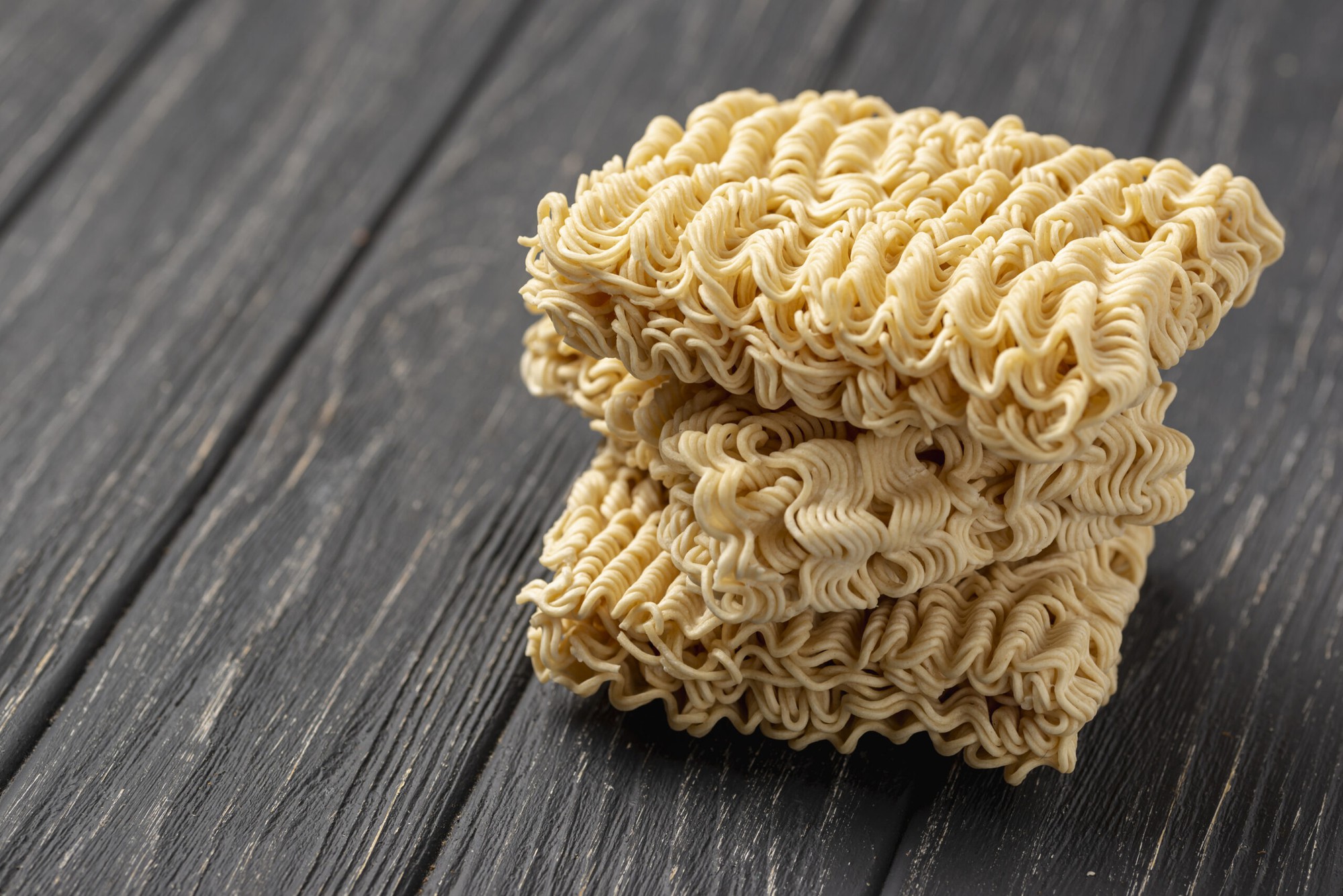
Thailand's Ministry of Public Health says instant noodles should be tested for ethylene oxide residue
The Nation newspaper on November 28 quoted an official from the Thai Ministry of Public Health as saying that the agency had successfully developed a technique to detect ethylene oxide residue in food and should test instant noodles.
Yongyos Thammawut, deputy permanent secretary of the Ministry of Public Health, said random testing should be carried out on instant noodle products, after the European Union (EU) recently found the chemical in vanilla used in more than 10 formulas of a popular ice cream brand.
Ethylene oxide is classified as a hazardous substance under the Toxic Substances Act of 1992, the official said. The chemical is odorless and was originally used to sanitize medical equipment that cannot withstand high temperatures.
According to him, this substance has been found to cause cancer due to genetic mutations and can also affect the reproductive system. Consumption of this substance can also cause irritation to the eyes, skin, respiratory system as well as the central nervous system.
He said the EU has banned the use of ethylene oxide as a disinfectant, but some countries still allow its use. Thailand will soon classify any food contaminated with ethylene oxide as substandard food under the Food Standards Act 1979.
The Department of Medical Sciences under the Ministry of Public Health of Thailand has developed a technique for detecting ethylene oxide residues called gas chromatography-mass spectrometry (GC-MS). This is the standard method used by the EU for pesticide testing.
Mr Yongyos further noted that goods imported into Thailand by instant noodle importers can be randomly tested at a cost of 5,000 baht (VND3.5 million) per sample.
Source link










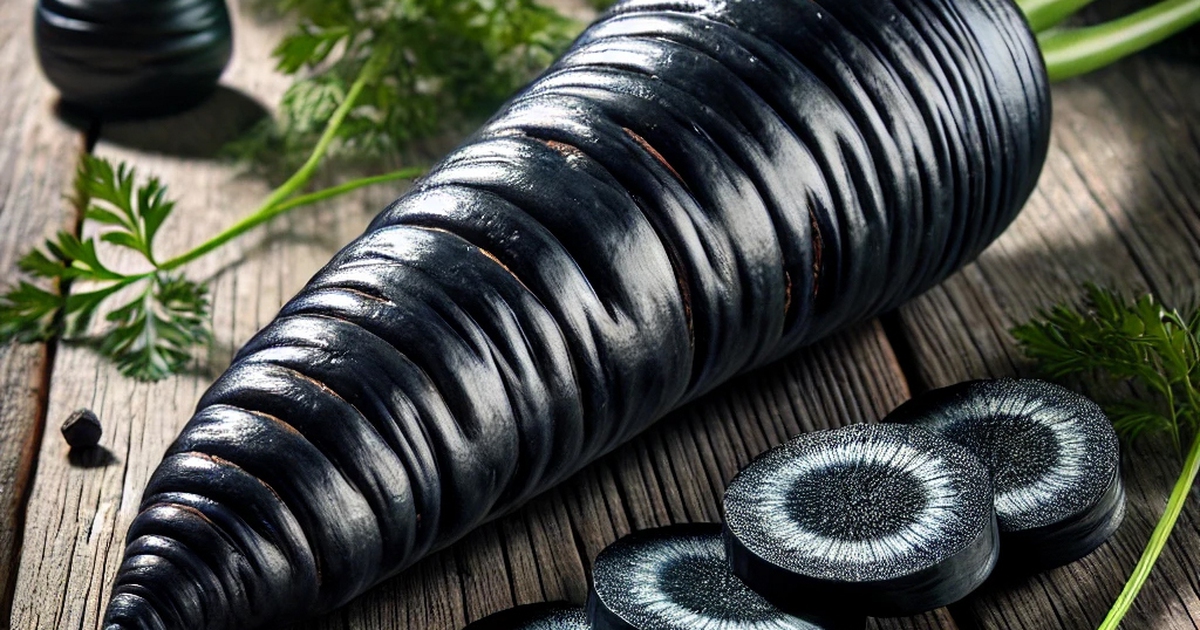
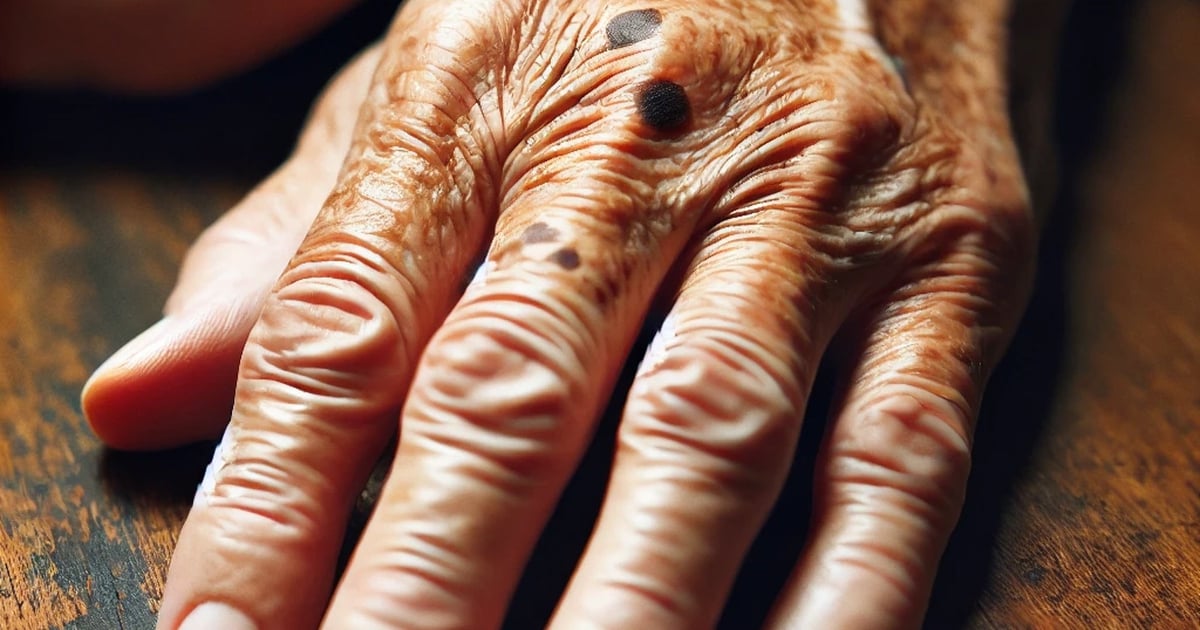

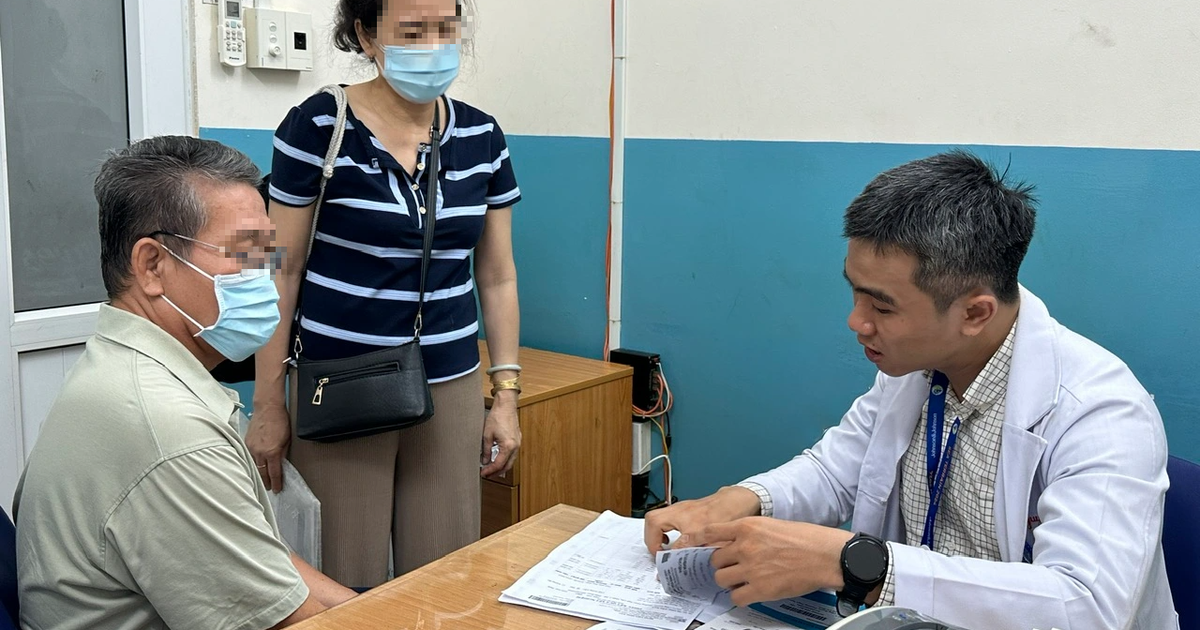
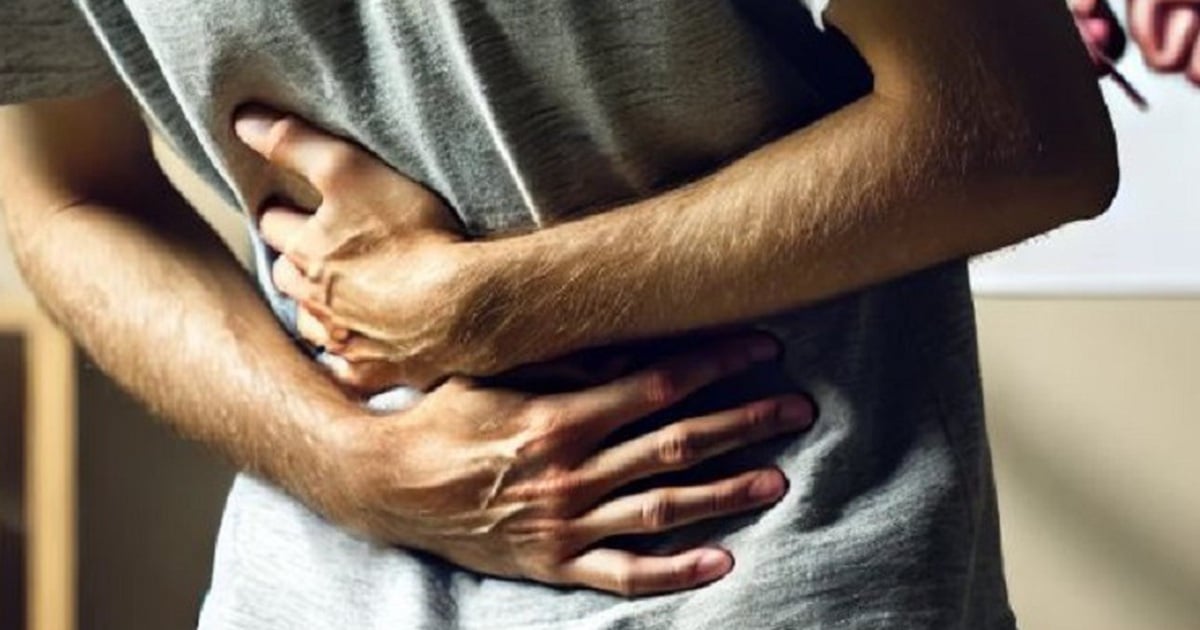









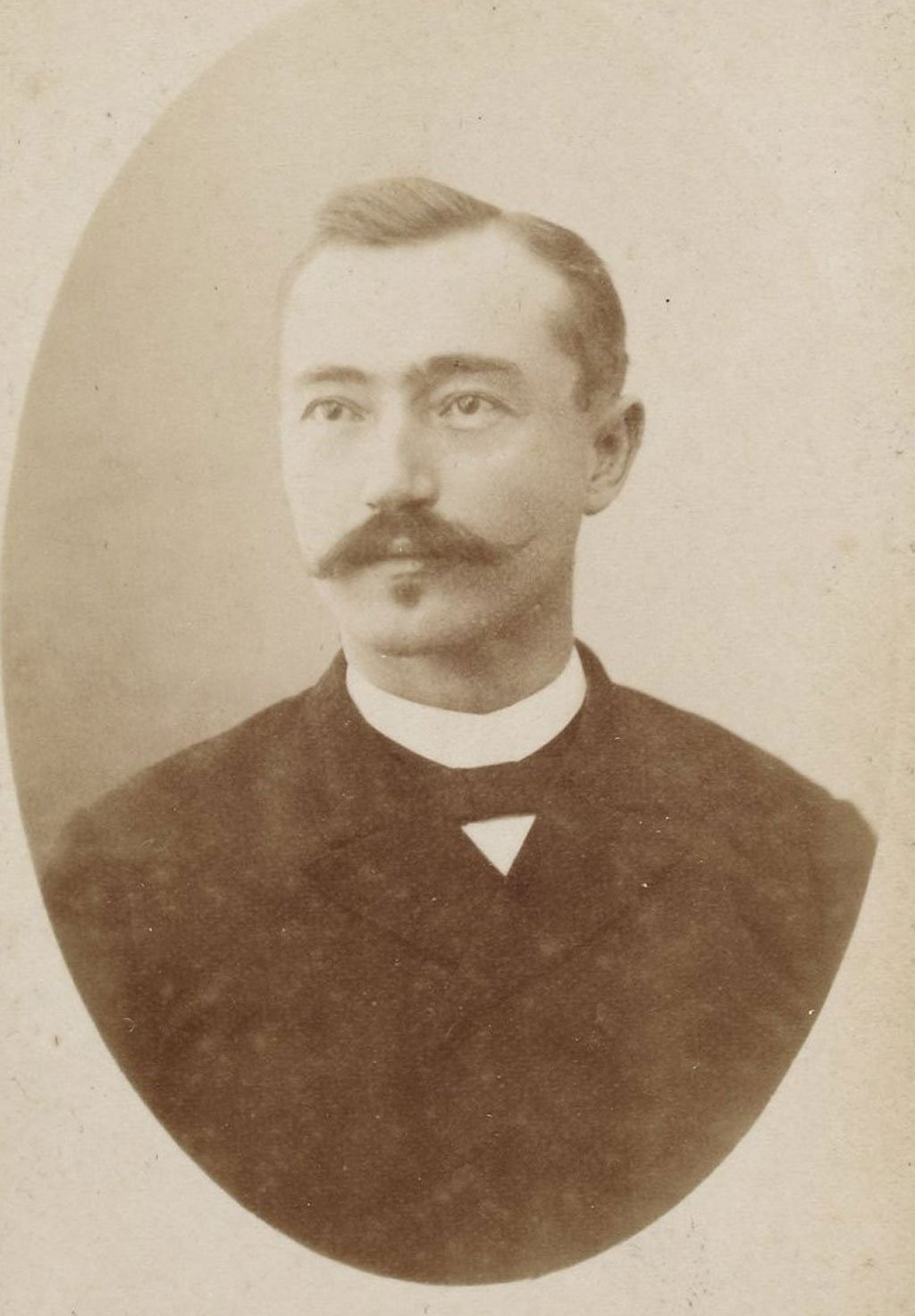














Comment (0)